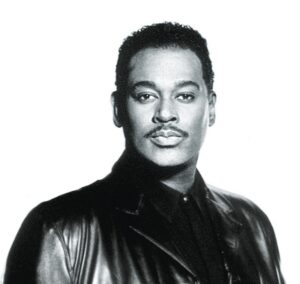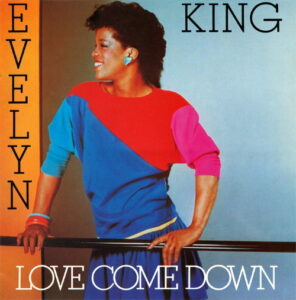(September 26, 2017) Since Spike Lee’s then curious, if stirring, call for people to “wake up!” at the preachy conclusion of his classic 1988 colorism musical comedy, School Daze, artists have been trying to awaken the consciousness of an apparently Rip Van Winkle public. Not that Lee was the first to do so, his film a homage to issues raised by the Black Arts Movement. Nor was Lee even the first to popularize the phrase, with Harold Melvin & The Blue Notes scoring a #1 R&B hit with the McFadden & Whitehead penned “Wake Up Everybody” in 1975. Arguably the tune was the peak and finale of fertile period of socially consciousness music by artists as varied as The O’Jays and Roberta Flack to Marvin Gaye and The Staple Singers before smooth soul and disco took over the public’s attention (and met the public’s desire for musical escapism). The moment would cycle again in the late 80s and early 90s before gangsta rap and nihilistic hip hop soul iconography fed folks need for rich daydreams and noir street fantasies, to again escape that harsh realities of social injustice and inequalities.
With social protests, lean pockets, and a divided nation back at the fore, socially conscious music has returned in everything from hip hop to EDM. The music is just as angry and righteous as ever, if somewhat less likely to deliver “up with people” inspirations instead more likely to reflect darkly cynical “what’s going on” journalistic reporting. Portland singer-songwriter/producer Tony Ozier enters this fray with his own “Wake Up,” an icy tune that too mirrors the tastes and interests of its times. Slickly produced with spectral elements and cityscapes at night sounds, the productions juxtapose against a nasally, gritty cornerboy vocal delivering less a cohesive call than a poetic litany of mused upon evils, misdeeds, losses and corruptions. Though not the easiest on the ear, it’s infectiousness comes in its earnest refrains and the tensions between Rasheed Jamal’s raw lyricism and Ozier’s smoothed out electrosoul soundscapes that seem on the verge of inspiring a party or at least a smoke session. Written and produced by Ozier, it’s a different direction for the artist better known for his more traditional R&B and balladry work. But, these are different times requiring more awareness for as long as the public can stand it, until the next cycle of begged for escapism lulls them back asleep.
By L. Michael Gipson










